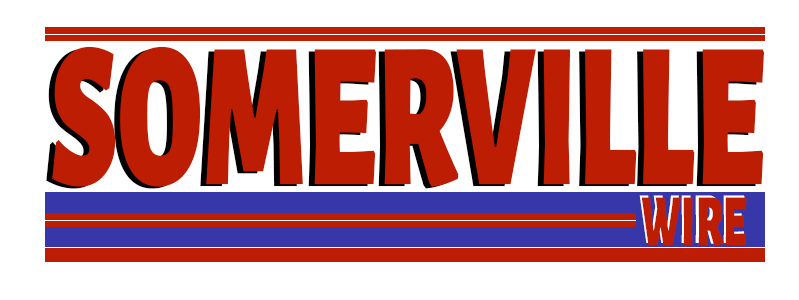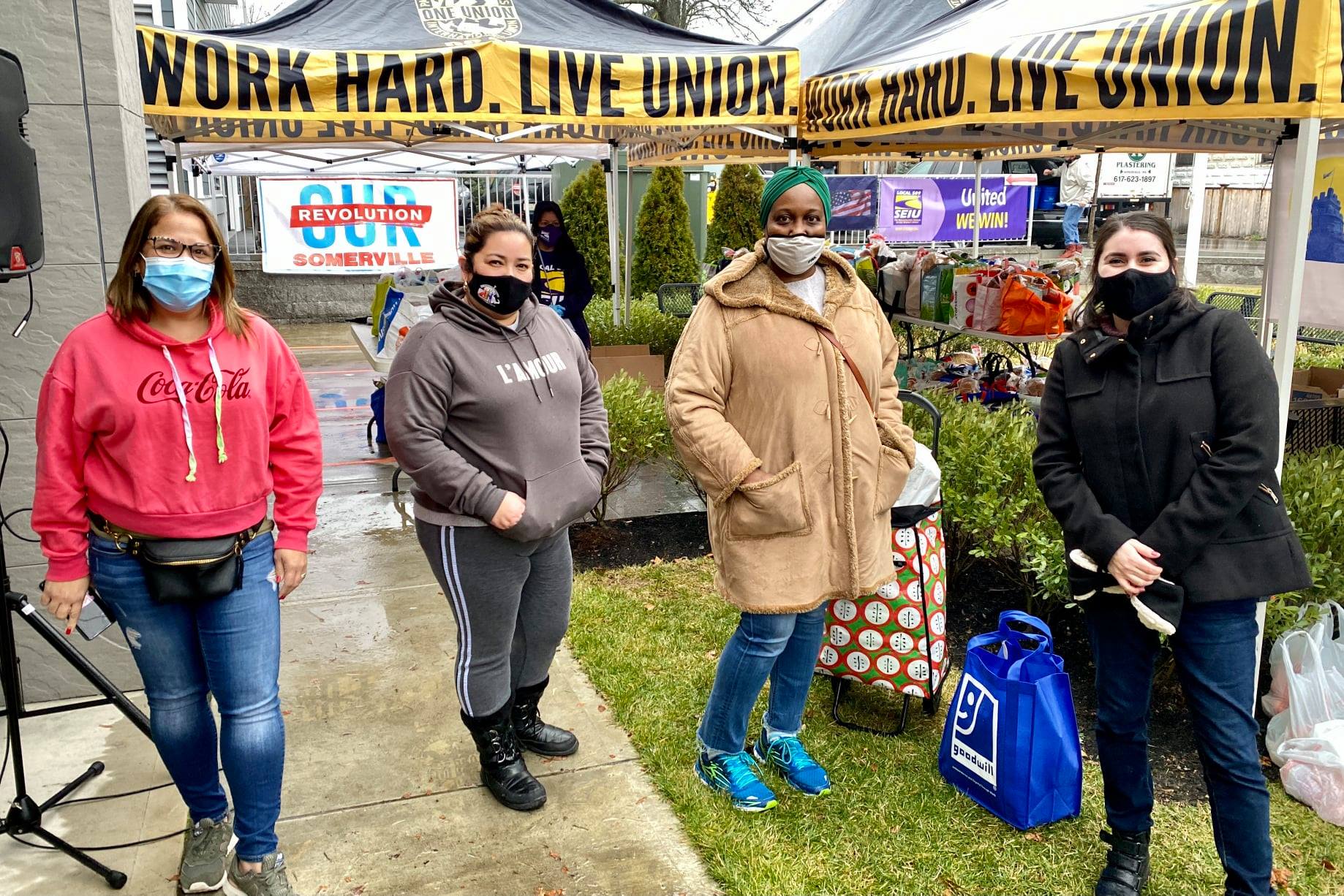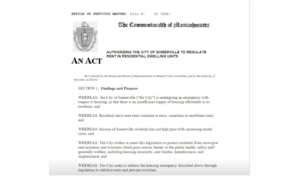The new organization has been defending worker rights and advancing education.
(Somerville Wire) – The Somerville Worker Center (SWC) officially launched in October 2020 but has been informally meeting to support workers through rights trainings for the past three years. The organization was created as a collaboration between the Welcome Project, the Massachusetts Coalition for Occupational Safety and Health, and the Brazilian Worker Center. As the coronavirus has exacerbated the challenges the workers in Somerville experience, the group has addressed injustices they currently face, particularly helping individuals in the immigrant community.
“We’ve heard of different issues that have been going on,” said Francisca Sepulveda, the SWC Coordinator. “The first one is wage theft. This is unfortunately not just in Somerville but in all the state and the whole country. … For domestic workers, those in the construction industry, laundry facilities, and cleaning jobs, it happens very often. Employers say ‘I’ll pay you later,’ and then later, they say, ‘Give me more weeks.’ At the end of the day, they never pay. In some industries, after the job is done, the workers leave, and it’s hard to keep track of workers who never got paid. That’s just one example.”
Another obstacle that workers may encounter is discrimination, said Sepulveda, that can relate to language, gender, or ethnicity. SWC has also been contacted about cases relating to safety and health, because of the coronavirus spread. Al Vega, director of policy and programs at MassCOSH, said that in restaurants, the pandemic has created conditions for workers that could be hazardous to their well-being.
“In restaurants, because they transitioned over to takeout only, they may still be forced to be in a small kitchen, where there isn’t room for social distancing. Or maybe language barriers are the reason people aren’t understanding why certain things need to be done a certain way now, because of the pandemic,” said Vega. He added, “In terms of taking sick pay, there’s often a bit of misunderstanding around what an employer should or shouldn’t be doing. Sometimes we heard about workers having symptoms but being told ‘you can’t miss your shift today.’ … A worker has a right to say, ‘I refuse to do this job because I’m either going to put other people in danger or I’m not being given the right protections. Those are the kinds of things a range of industries would probably hear workers, because of this pandemic, constantly coming to us about.”
At Somerville Worker Center, the staff hold “Know Your Rights” trainings, where workers are taught about laws in the state of Massachusetts. They take the opportunity to learn about the industries the workers are employed in, and workers have a chance to ask questions and describe their experiences. In one situation, said Sepulveda, a woman’s husband was injured, and he was unjustly fired from his job. He was not paid the money he was entitled to due to worker’s compensation, and SWC was able to advise him about this situation. The Welcome Project has also hosts ESL classes, which SWC representatives have been present at to support with “Know Your Rights” trainings. All classes and trainings are currently online.
There is a strong racial justice component in the work that SWC does, said Vega. Often undocumented immigrants feel threatened by the idea of being deported by ICE—which holds them back from exercising their rights. According to Ben Echevarria, executive director of the Welcome Project, these individuals are often taken advantage of, and some of the concerns are warranted.
“There’s still the issue of ICE—–if this case gets too big and too known, yes, ICE could be involved,” said Echevarria. “This is why a lot of times, we tend to try to do the work in the shadows. Just because we’re not raising the profile of some of these cases doesn’t mean we’ll always do that. But we’ll try to work it out between the employer and employee. If that doesn’t work out, then we’ll escalate it slowly. … It could be as simply as working with a group like Justice At Work and having them, as a law firm, sending a letter to the employer, or it could be filing formal complaints.”
Susan Desousa, the president of the Somerville 911 Call Takers and Police Dispatchers Union, said that SWC has helped her in dealing with a workplace issue. The 911 workers were not being paid equally to their all male counterparts, the fire alarm operators. The union is in the middle of consulting with SWC and are trying to figure out their next steps.
“We’ve been fighting what we’ve been paid forever,” said Desousa. “…I think it was Councilor Niedergang and at the time Councilor Hirsch who pointed out that the all white, male fire department operators were getting paid more than the predominantly female 911 operators. So that’s what actually got the ball rolling for us.” She added, “[SWC] has been very resourceful. Fran has done research for us and spoken to a lawyer for us.”
Vega said that he measures the success of the organization by the number of people who will no longer stand to be taken advantage of.
“Over time, we are going to be able to see more and more workers feel like, ‘I got my wages back,’ ‘I made sure that employer got rid of that supervisor who was harassing me and these other women,’” said Vega. “Those are the kinds of things that I know these kinds of conversations and trainings allow for people to then think about their own situations and say, ‘I never thought about this being something that I actually did have recourse to try to remedy, and now, with this information, maybe I can actually make change. The success that our workers’ center has had at this point is really being able to give a little bit of hope and inspiration to people who sometimes feel like they’ve reached the end of the rope.”
All Somerville Wire articles may be republished by community news outlets free of charge with permission and by larger commercial news outlets for a fee. Republication requests and all other inquiries should be directed to somervillewire@binjonline.org.
Shira Laucharoen is assistant director of the Boston Institute for Nonprofit Journalism and assistant editor and staff reporter of the Somerville Wire.





